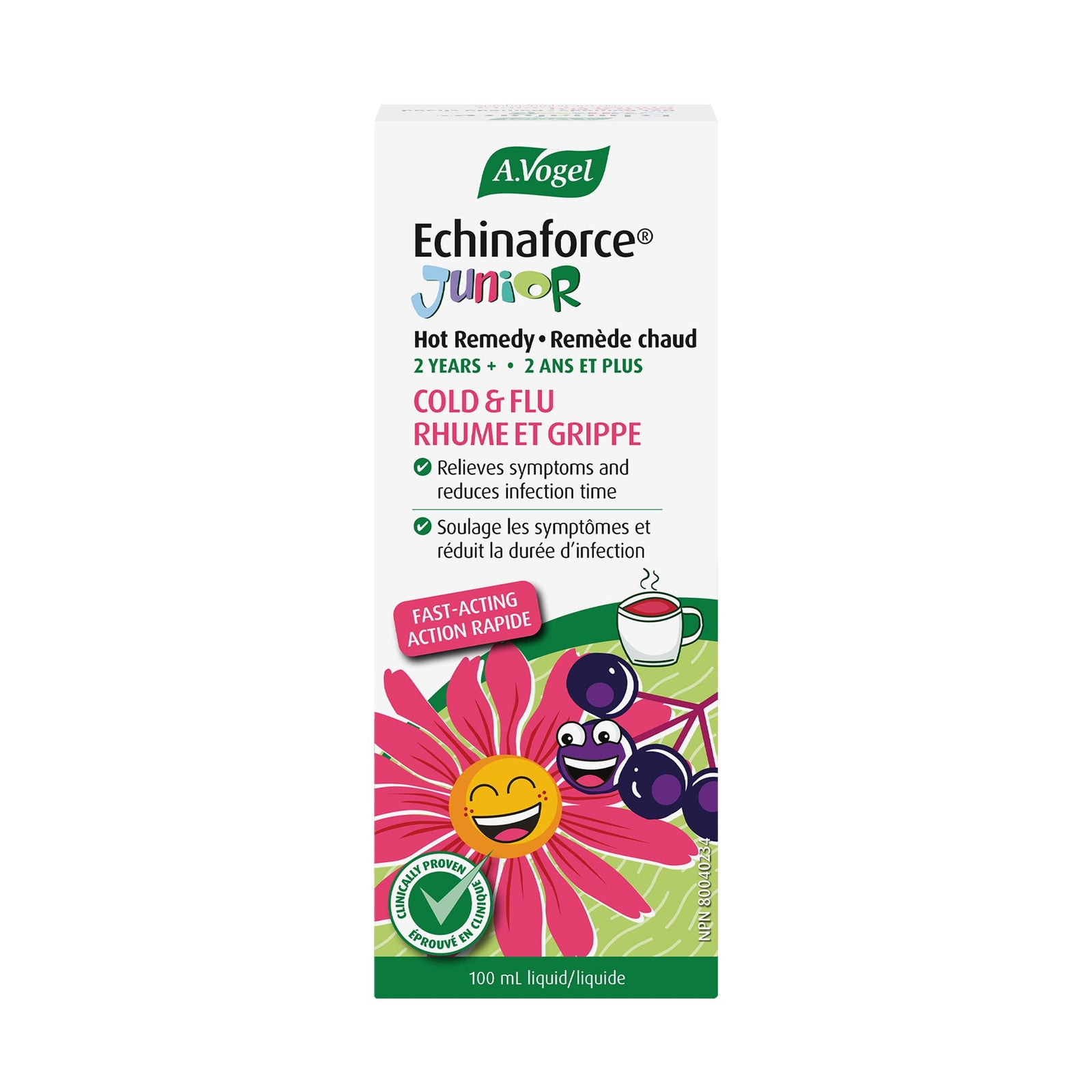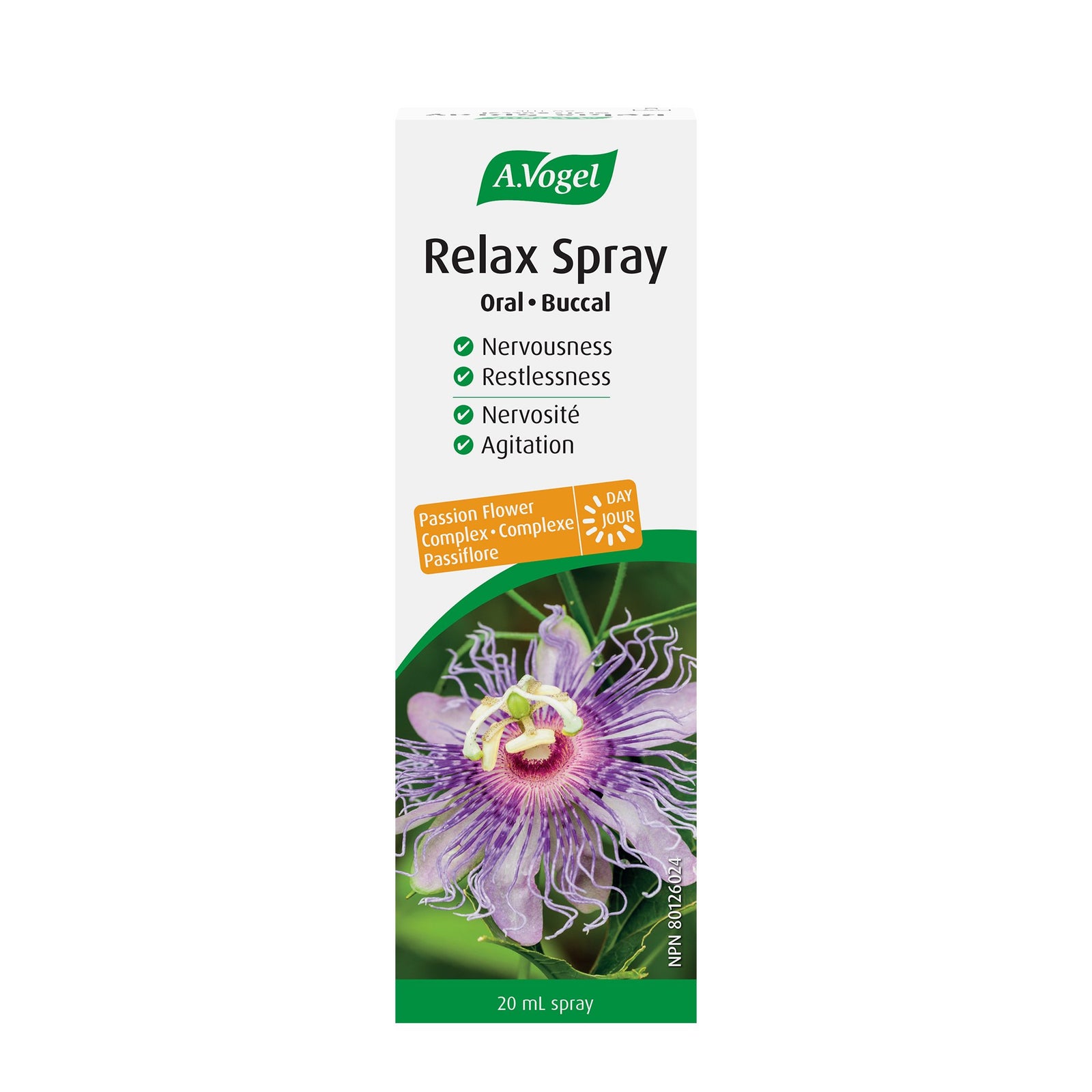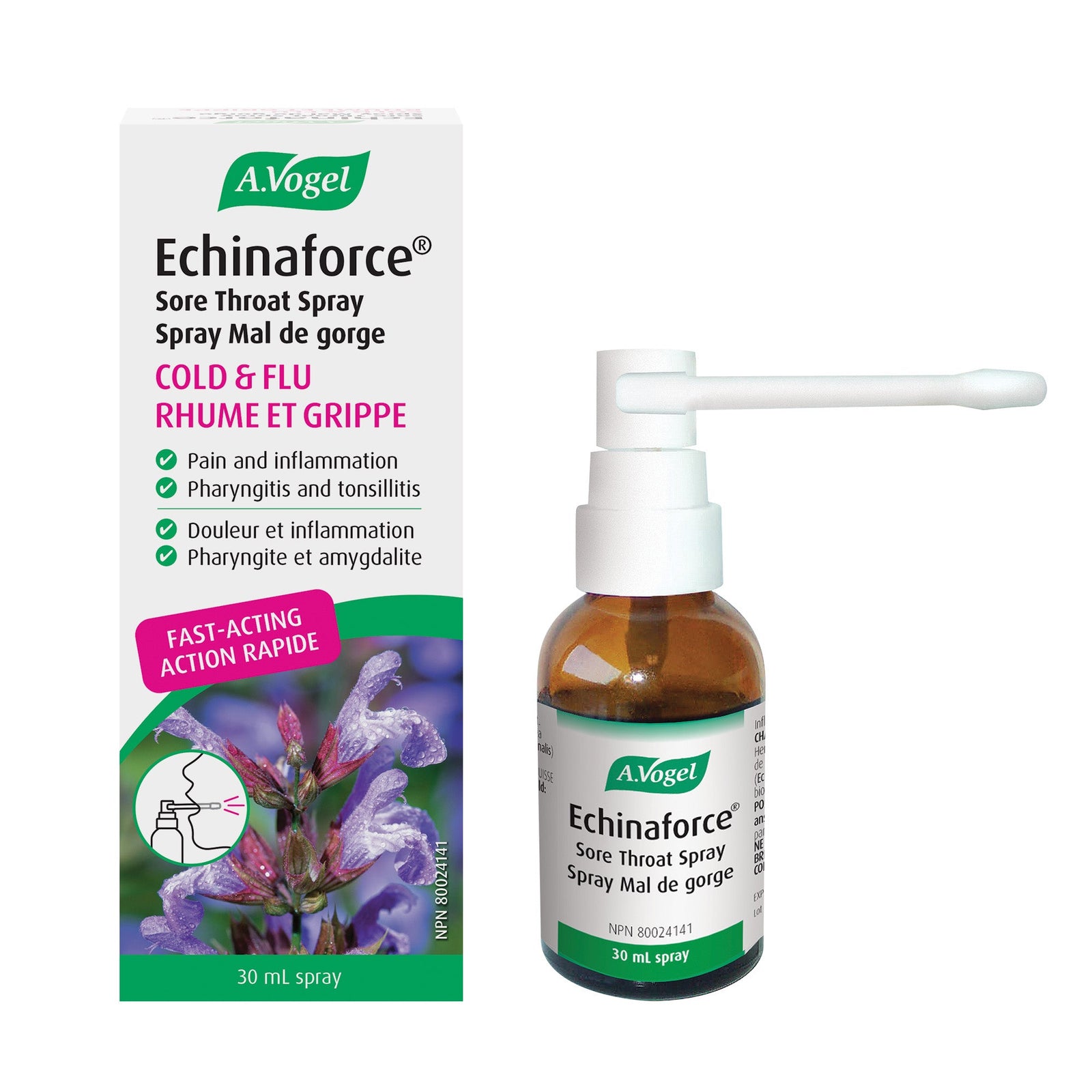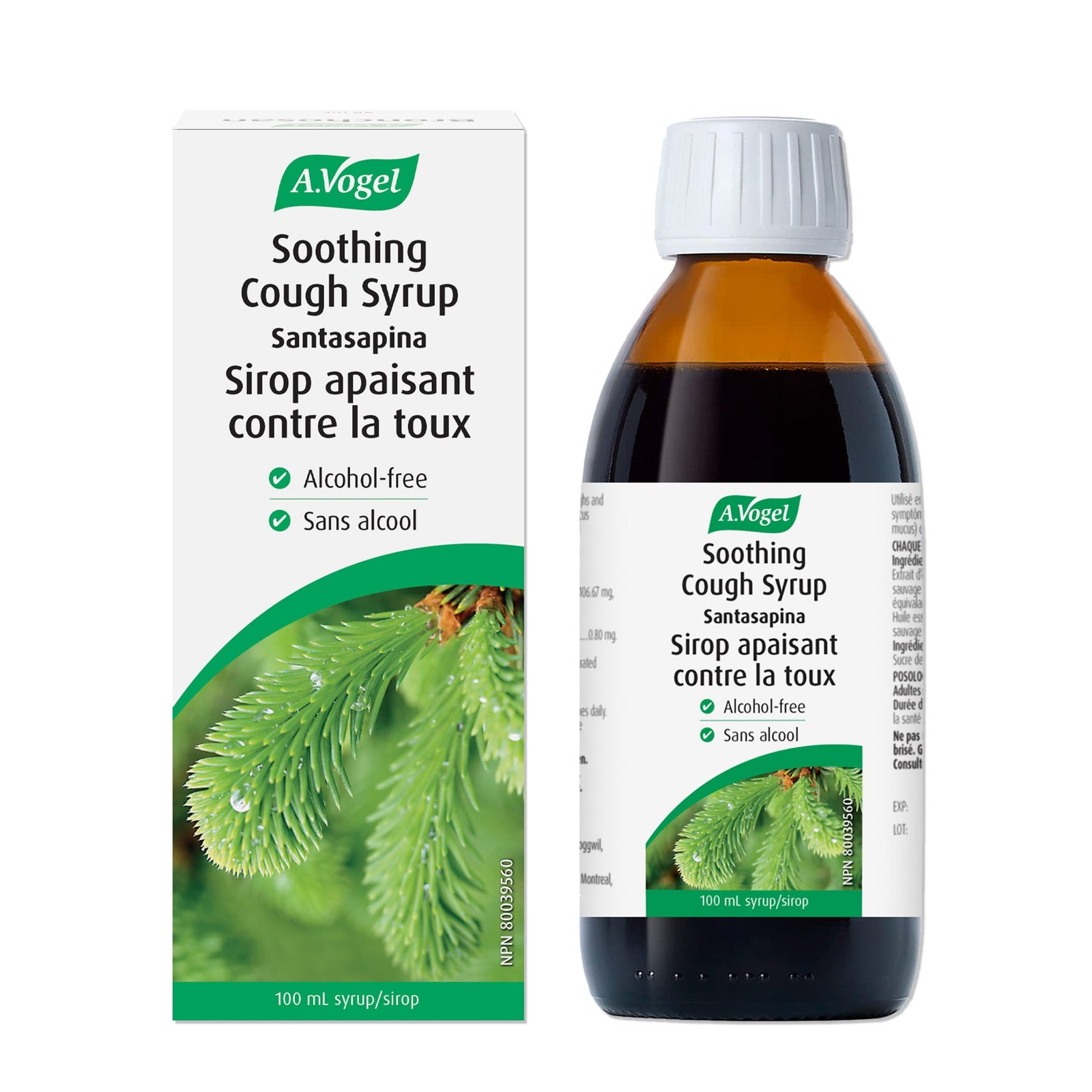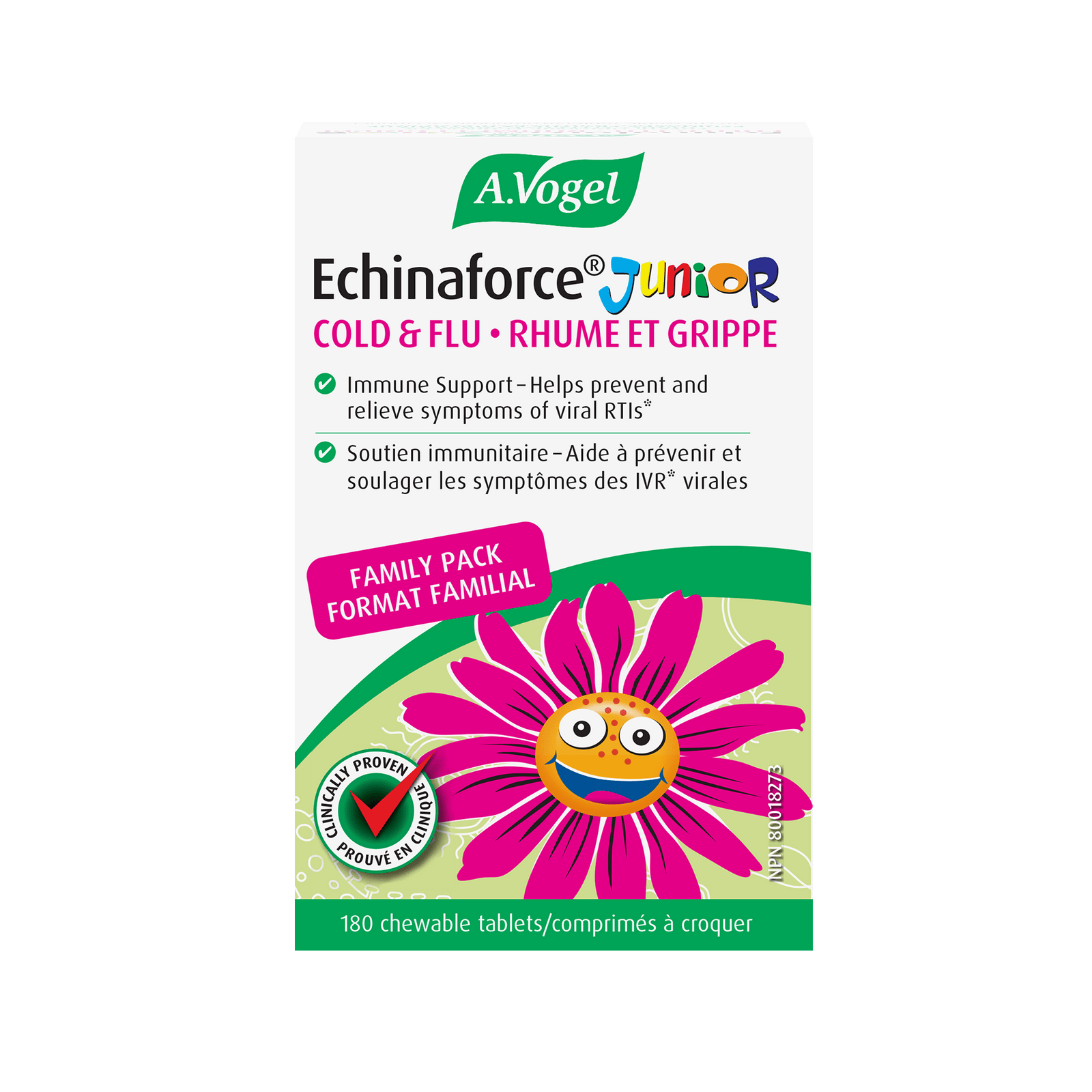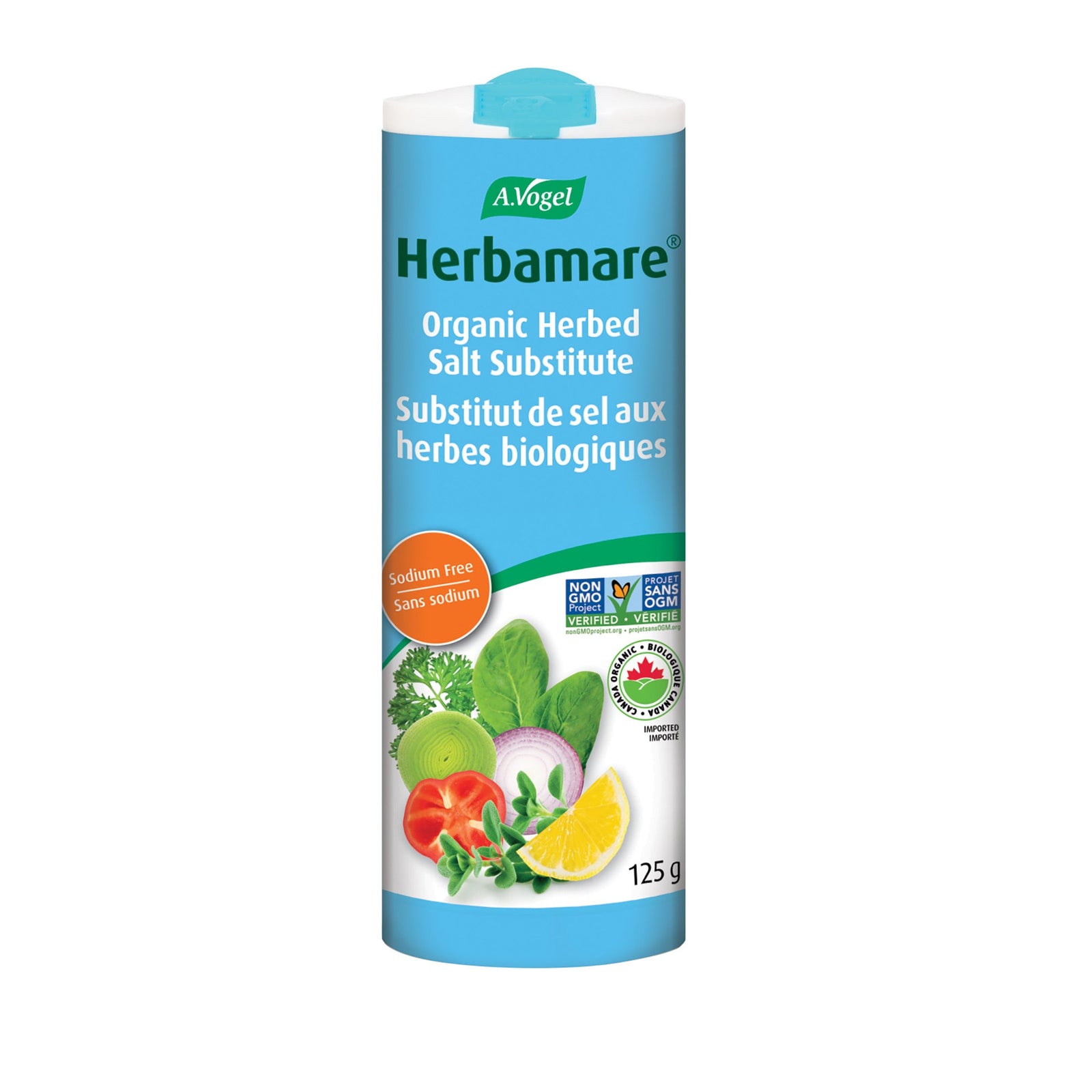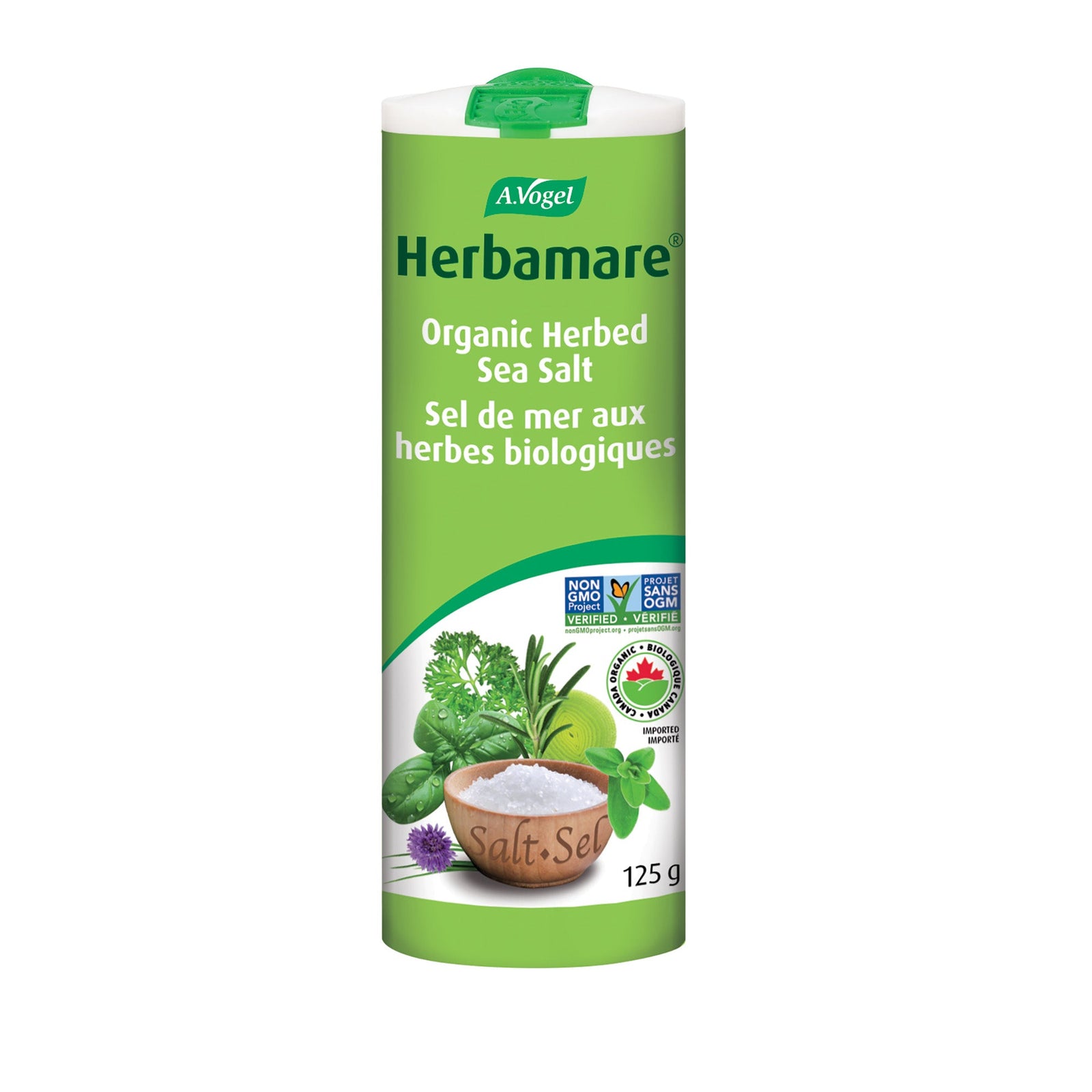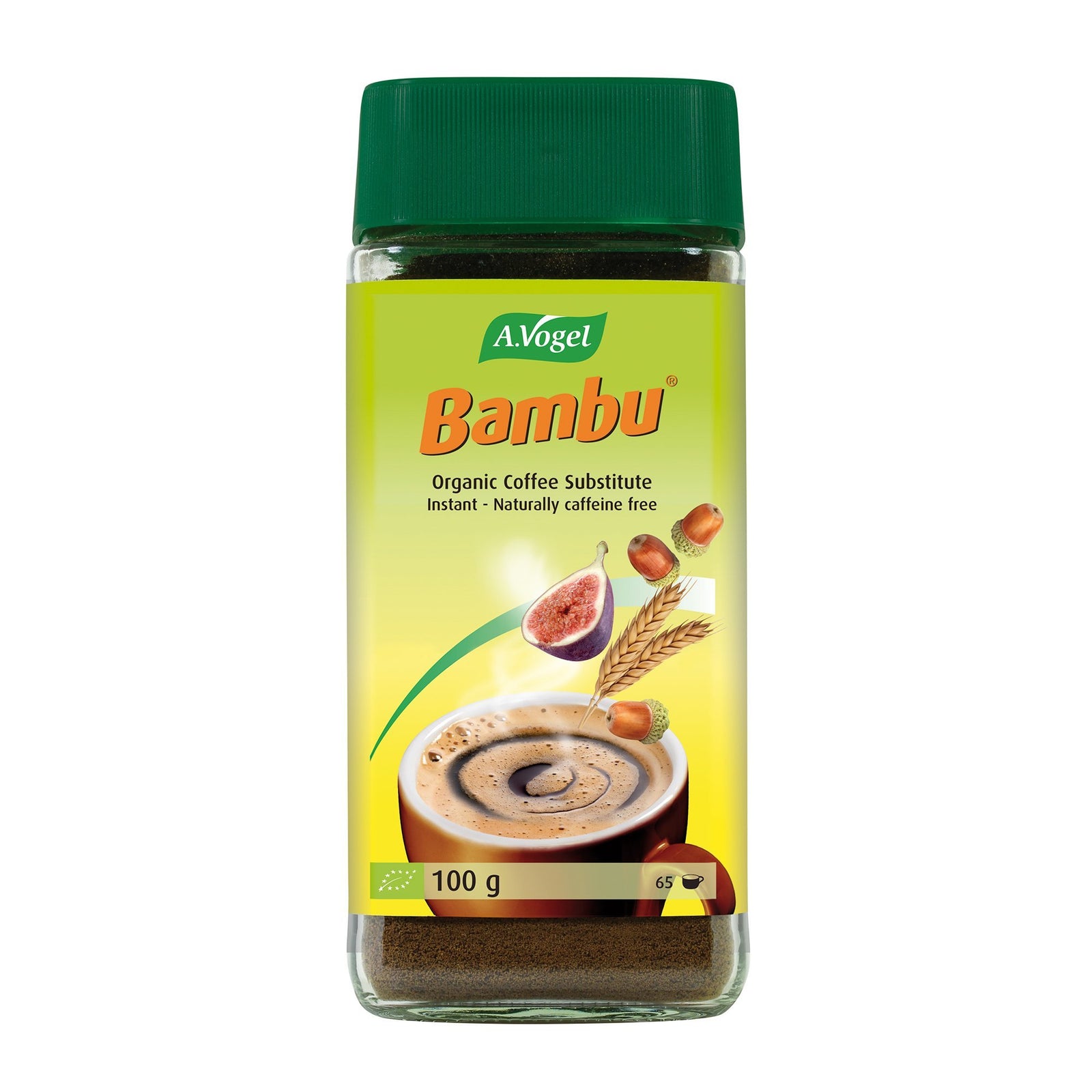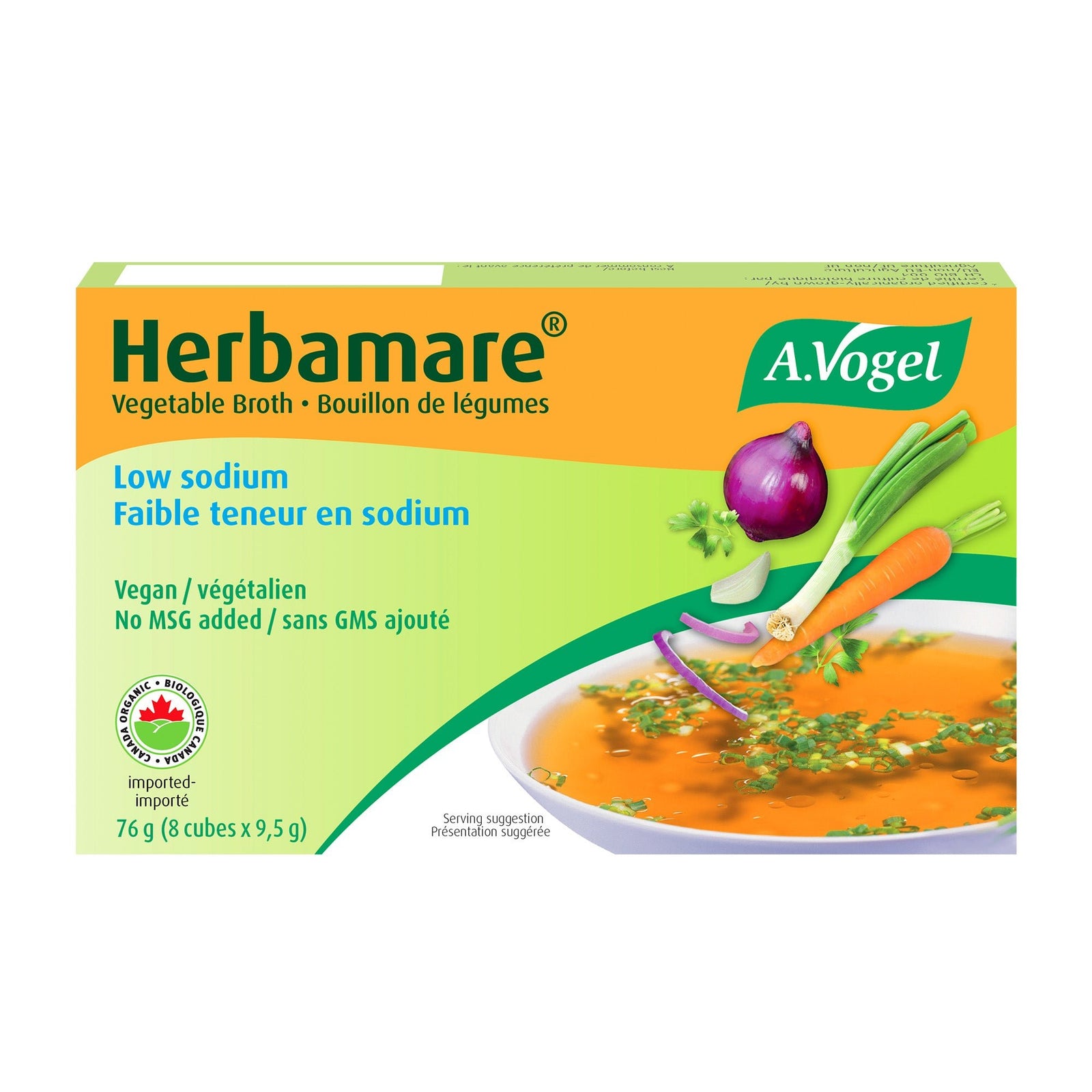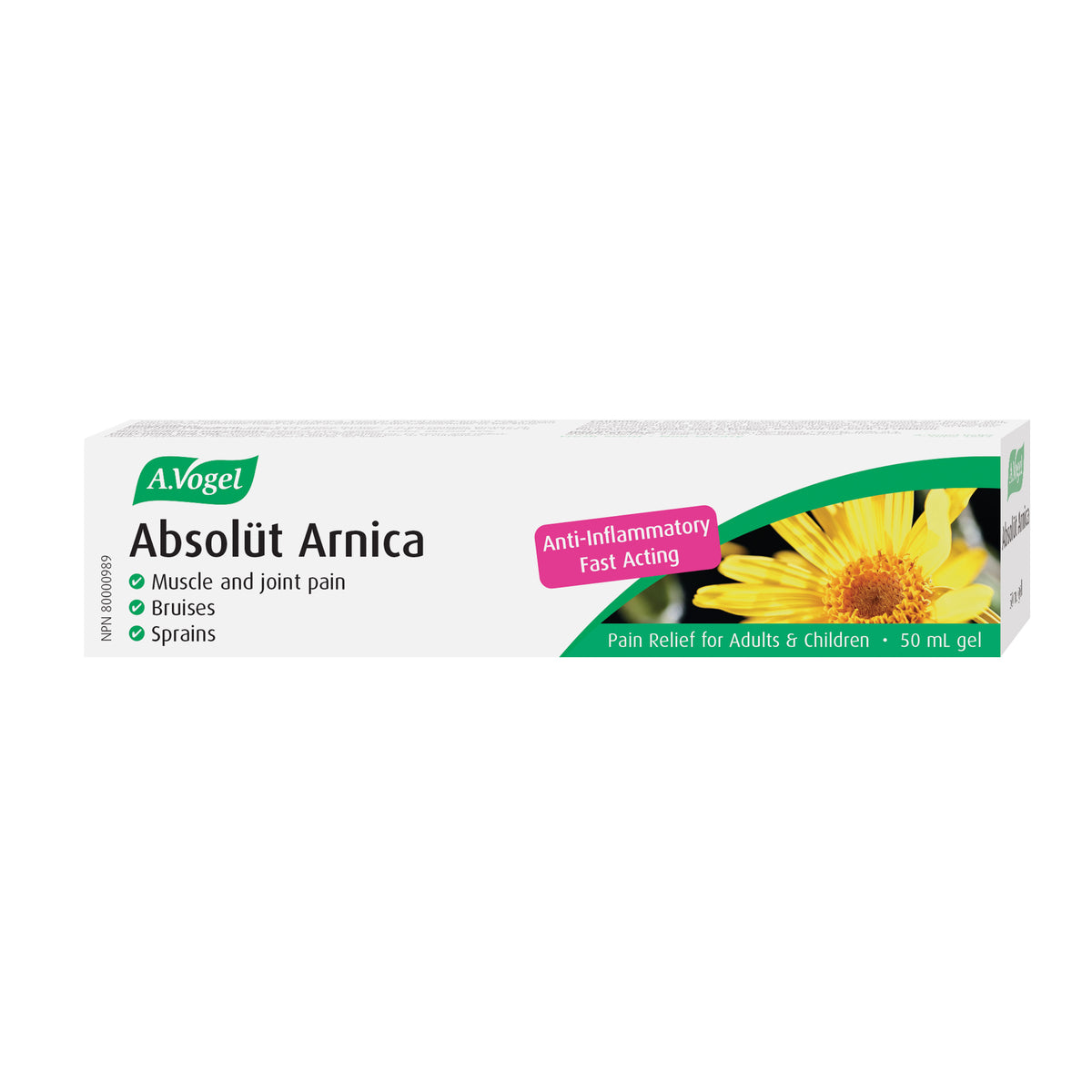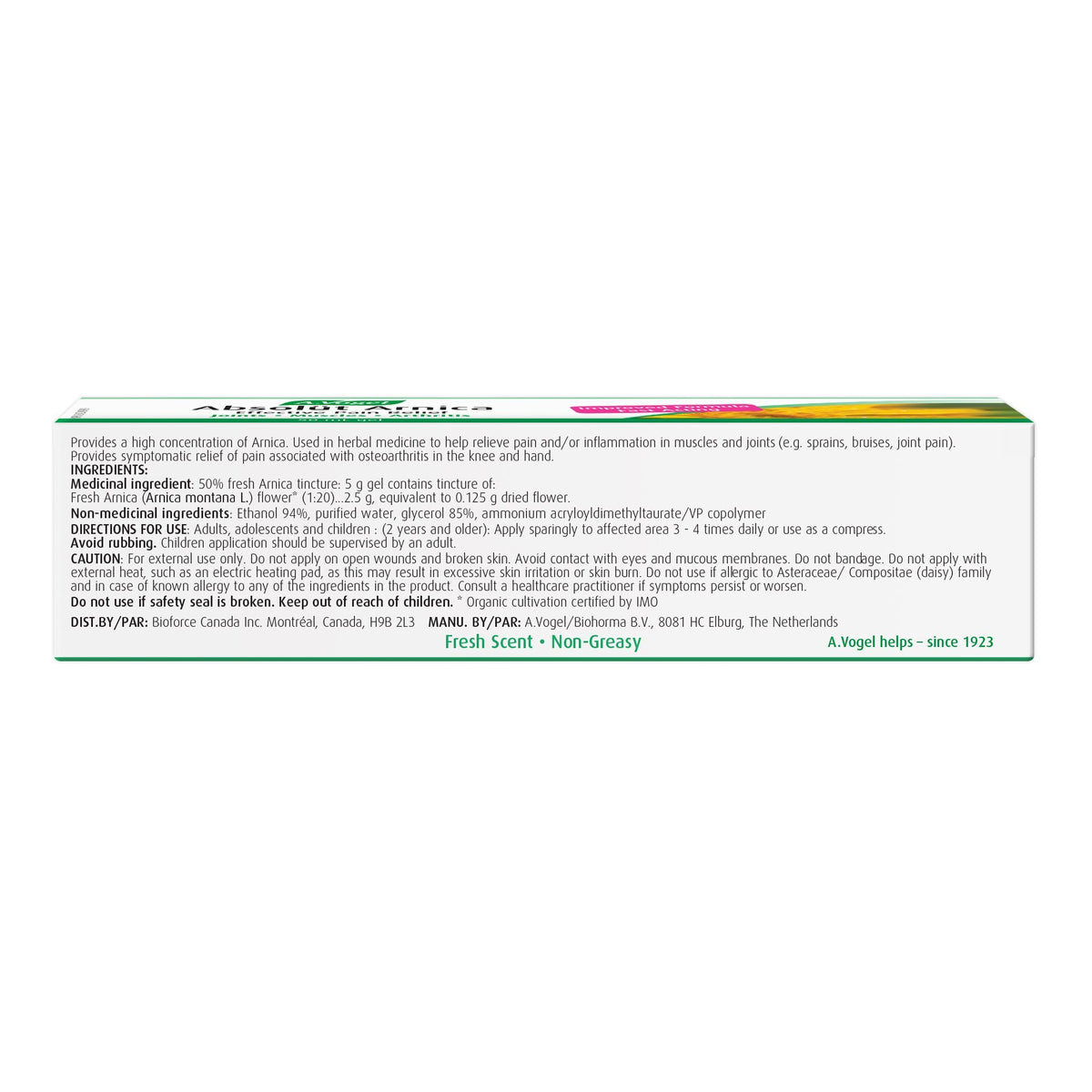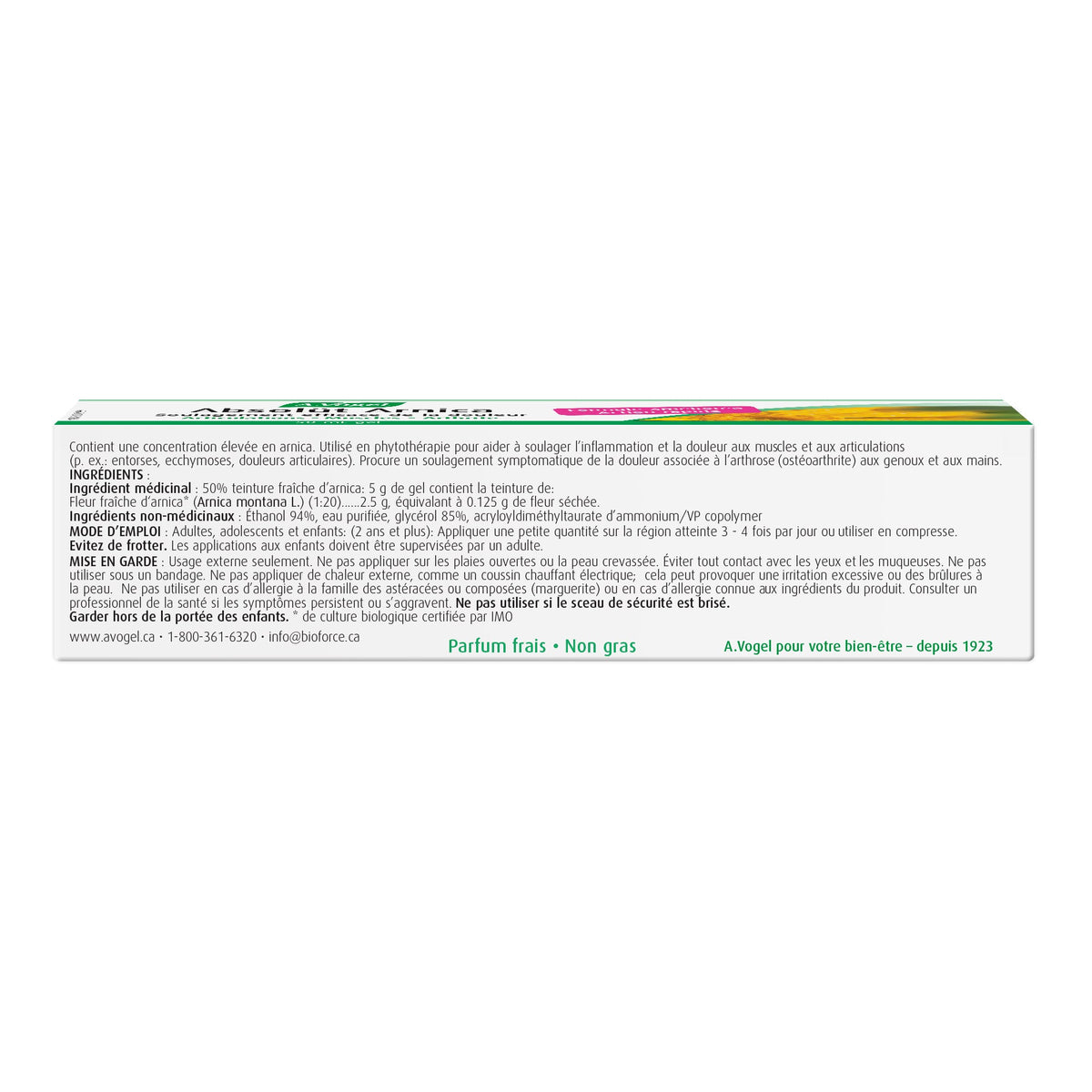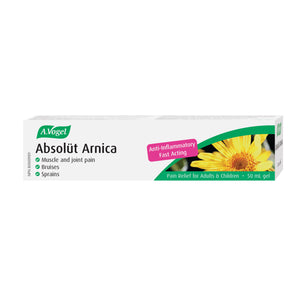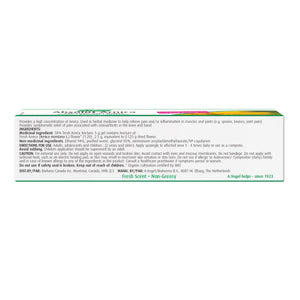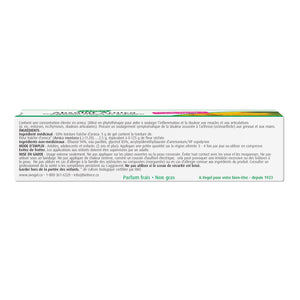Ever wonder why you bruise so easily or why mysterious bruises appear out of nowhere? While forgetfulness might explain some bruises, there could be underlying factors influencing your skin's vulnerability. In this expert guide, we explore the top reasons why you bruise easily and practical tips to minimize it.
Why do you bruise?
Bruising normally occurs when the tiny blood vessels located just under the surface of your skin are ruptured, usually by physical trauma or strain. Blood from the damaged blood cells collects under your skin resulting in discolouration, giving your bruise its typical black and blue appearance.
In most cases, bruises are caused by minor injuries—stubbing your toe, knocking your knee against a table and so on—but occasionally you may notice bruises appearing on your skin and have no memory of where they came from.
Most of the time this can be brushed off as forgetfulness but nevertheless, some people are more susceptible to bruising than others.
7 Reasons Why You Bruise Easily & How to Prevent It
1. Age-Related Skin Changes
Naturally, as you get older your production of collagen will start to decrease. This is particularly important when it comes to bruising. Collagen is a protein that is essential for your skin, keeping your dermis (the layer of skin under your epidermis) strong and supporting the growth of new skin cells.
When your production of collagen begins to decrease, your skin can become weaker and lose its elasticity, eventually leading to the formation of wrinkles. With your skin becoming frail and more penetrable, bruising will become inevitable as the rest of your body becomes more vulnerable and less protected from physical trauma.
2. Nutritional Deficiencies
Your age isn’t the only factor exposing you to bruising—surprisingly, your diet can also play a major role! This is usually due to your capillaries, the tiny blood vessels that are susceptible to rupturing under physical trauma.
If your blood vessels are weak or fragile then it only makes sense that bruising will be a more commonplace occurrence. But how does this factor into your diet? Well, some believe that low levels of vitamin Ccan make your capillaries weaker. This seems logical when you think about the role vitamin C plays in your body: vitamin C helps to support your blood vessels and has even been linked to collagen synthesis.
The University of Michigan Health System certainly seems to share this opinion, stating that, “even minor deficiencies of vitamin C and possibly of flavonoids can lead to increased bruising. People who bruise easily may benefit from eating more fruits and vegetables, common sources of vitamin C and flavonoids.” This idea is supported by research. The American Journal of Clinical Nutrition noted that some study subjects with low levels of vitamin C noticed less bruising after they had upped their intake of this vital nutrient.
3. Weight & Blood Pressure Impact
The fact is that being obese or overweight can have disastrous ramifications for your health.
First let’s take a look at your blood pressure, as hypertension is a serious problem for people who are overweight. A diet full of sugary snacks and refined fats is bound to send your blood pressure spiralling, which can have consequences for your blood vessels.
When blood is being pumped through your body too quickly or erratically, your blood vessels eventually weaken and become more susceptible to rupturing under force. Being overweight or obese can also place a strain on your blood vessels and other areas of your body, such as your circulatory system, which will struggle to keep up with your increasing requirements.
4. Alcohol Consumption & Blood Thinning
Yes, booze can make you bruise more easily, and not for the reasons you may be thinking. Sure, an unhappy collision with your neighbour’s garbage cans or getting into a fistfight with your now ex-best friend will certainly earn you some shiners, but alcohol is responsible for a lot more than just a lack of judgment or coordination.
Regular alcohol intake can lower your levels of vitamin Cwhich, as we’ve already discussed, is crucial for skin and blood vessel health. Alcohol also carries an additional risk as it is known to be a “blood-thinner.”
Blood-thinners are typically medications prescribed to delay or prevent a blood clot. They work as their name suggests, by thinning your blood and stopping your blood cells from sticking together. In the case of bruising, if your blood is unable to clot, bruises will appear more easily and possibly take longer to heal.
5. Medications That Increase Bruising
As we mentioned, alcohol is a notable blood-thinner, but you may already be thinning your blood another way. When it comes to medication, there are two main types of blood-thinners: anticoagulants and antiplatelet medications.
Anticoagulants, such as warfarin and heparin, are used to prevent blood clots. If you’re taking these types of medication, chances are your doctor has already explained the possible side-effects to you at length. However, you may not know that over-the-counter aspirin is also a type of blood-thinner, which works as an antiplatelet. If you have any concerns about the medication you’ve been prescribed, it is crucial that you speak to your GP as soon as possible.
6. Sun Damage Weakens Skin
When you think of sun-damaged skin, the image that pops into your head is likely that of skin peeling off an unfortunate tourist’s red-skinned shoulders and back.
Bruising isn’t part of this picture and while it’s true that the immediate symptoms of sunburn need little explaining, the long-term repercussions are more insidious. If you are continually exposing your skin to the sun, not only are you risking skin cancer, but you are also dramatically weakening your epidermis and dermis.
If your skin is fragile and brittle, the tiny capillaries lying just beneath the surface become more exposed to physical trauma and therefore burst easily when they come into contact with physical force, resulting in painful bruising and increased recovery time.
7. Genetics & Natural Predisposition
Finally, let’s talk about your genes. It’s no secret that what you inherit from your ancestors is responsible for almost every reaction that takes place within your body, and bruising is no exception. For starters, your genes can determine your gender and unfortunately for women, they bruise a lot more easily than men. This is because the structure of their blood vessels and the thickness of their skin are far different than that of men. Womendon’t produce as much collagen and generally have a thinner epidermis, making them more susceptible to bruising.
Another factor you can thank your parents for is the colour of your hair. Interestingly enough though, some research suggests that individuals with red hair are more prone to bruising than those with dark brown or black hair. The evidence supporting the claim is still inconclusive, especially since the study also reported that “coagulation factor and platelet function test results were comparable in red-haired and dark-haired women,” suggesting that the underlying reason is still waiting to be discovered.
How to Treat Bruises Effectively
- The first thing you should do if you notice any unexplained bruises or contusions is consult your doctor. Although it’s unlikely, unexplained bruising has been linked to a number of more serious medical conditions, such as thrombocytopenia and even cancer.
- If you’ve ascertained that your bruising is being caused by something minor or treatable, we’d recommend applying a cold compress to the affected area as soon as possible. This should reduce swelling and decrease blood flow to the area, curtailing any discolouration.
- You could also try keeping the affected area elevated to help prevent blood from pooling around your bruise, again easing any discolouration.
- Once you’ve applied a cold compress and given yourself enough time to see the benefits (usually 24 hours later), you could try applying some heatto improve your circulation. A warm compress or heating pad should do the trick.
- Finally, we’d recommend that you try using some of our Absolüt Arnica Gel. Arnica is a herb that has been used for centuries to treat bruises and other minor injuries, even offering natural and effective pain-relief. Our Absolüt Arnica Gel is a non-greasy, topical solution made using the extracts of organic, freshly harvested Arnica flowers. It can even be used alongside other medications. Simply apply it directly to your bruise 4 to 5 times daily for best results.
Final Thoughts
Bruising easily isn’t always a cause for concern, but understanding the underlying reasons can help you take proactive steps to prevent it. From dietary improvements to simple lifestyle changes, you can strengthen your skin and minimize bruising naturally.
FAQ
Why do I bruise easily without remembering an injury?
Unnoticed minor traumas are often the cause. However, if bruising becomes frequent or severe, it could indicate issues like vitamin deficiencies, blood disorders, or medication side effects.
What vitamin deficiency causes easy bruising?
Vitamin C and Vitamin K deficiencies are common culprits. Vitamin C supports collagen production and blood vessel strength, while vitamin K is essential for proper blood clotting.
Does aging make you bruise more easily?
Yes. As you age, your skin becomes thinner, and collagen production decreases, leaving blood vessels more exposed and prone to damage.
Can certain medications cause easy bruising?
Absolutely. Blood thinners, anticoagulants, antiplatelet drugs (like aspirin), and steroids can all increase the likelihood of bruising by affecting blood clotting.
How can I heal bruises faster?
- Apply a cold compress within the first 24 hours.
- Elevate the affected area to reduce swelling.
- After 24 hours, use a warm compress to improve circulation.
- Apply Arnica Gel for natural relief and faster healing.
Does diet affect how easily I bruise?
Yes. A diet low in vitamin C, vitamin K, or bioflavonoids can weaken blood vessels and slow blood clotting, increasing the risk of bruising.
Can sun damage make me bruise more easily?
Yes. Chronic sun exposure weakens skin and blood vessels, making them more susceptible to damage and increasing the likelihood of bruising.
Tip: If you notice frequent or unexplained bruising, it is always best to consult a healthcare professional to rule out any underlying issues.

